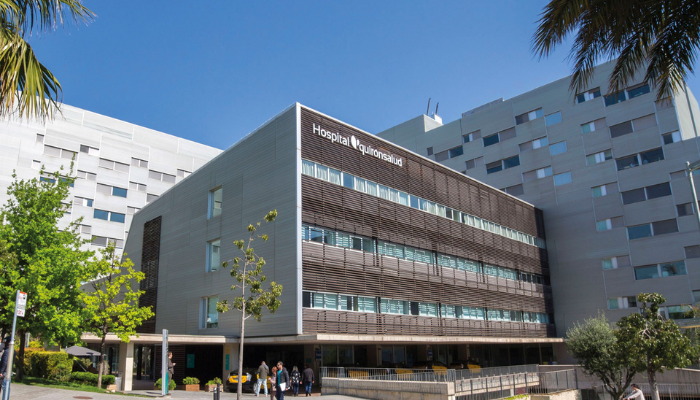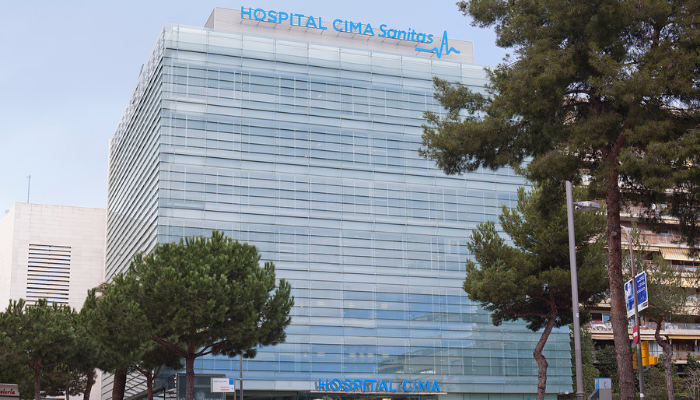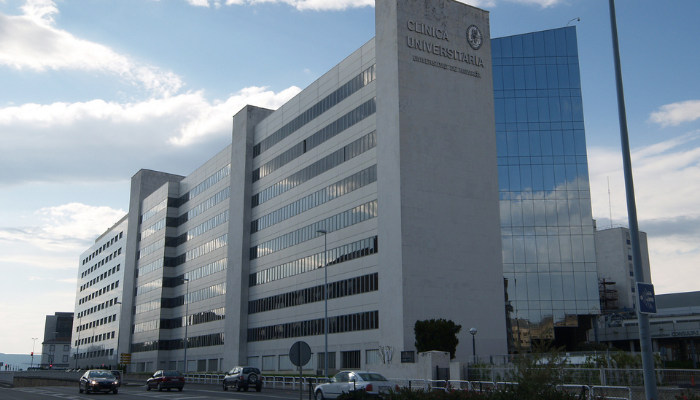Mohs Microsurgery in Spain
Skin cancer is one of the most common cancers among the population. In fact, according to data from the Spanish Association of Dermatology and Venereology and Euromelanoma Spain, the number of people affected is increasing every year and already affects 1 in 5 people under the age of 70. However, dermatologists argue that with proper medical treatment and taken in time, the rate of overcoming the disease is very high.
One of the available and successful surgeries for dealing with skin cancer is known as Mohs surgery. A very advanced treatment for the treatment of aggressive skin cancer that consists of its total removal, but keeping as much healthy skin as possible. In addition, it has some benefits over other skin cancer treatments such as a higher cure rate and it is also less aggressive because it tries to preserve as much healthy tissue as possible and this, among other aspects, reduces the resulting scarring.
Contact us to start your medical treatment in one of the most experienced private hospitals in Spain.
Can we help you?
In a few moments, one of our specialists will contact you.









